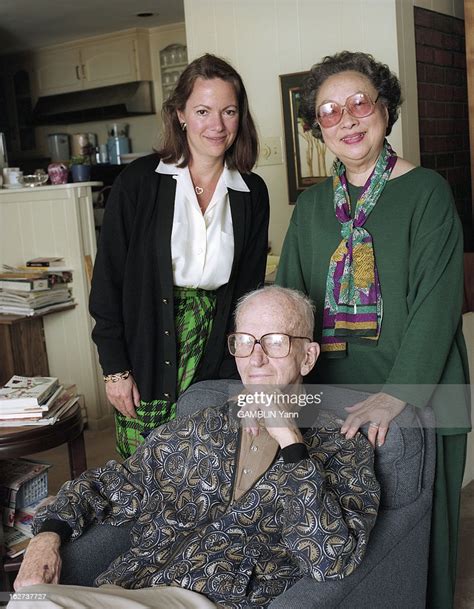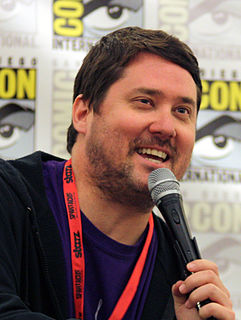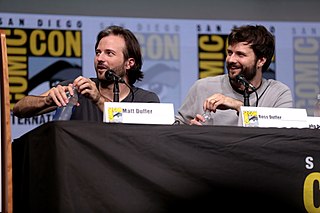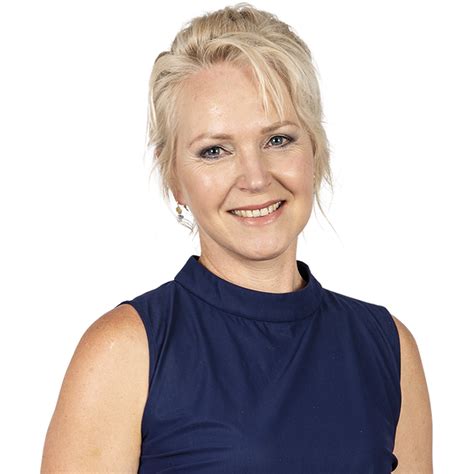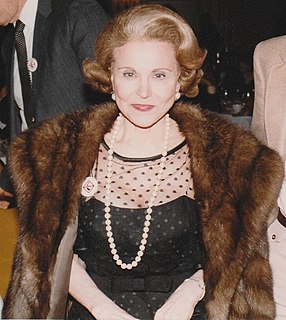A Quote by James Berardinelli
Side note to parents: Anyone who thinks 'Dude, Where's My Car' is more appropriate for children than 'American Pie' because it obtained a PG-13 rating needs to stop trusting the MPAA.
Related Quotes
Parents who are stressed or disturbed will have more difficulty in meeting their children's needs. Parents who have little support--from friends, relatives, neighbors, or the community--are more likely to be overburdened by the demands of their babies and to be unable to respond to them adequately. Parents who experience severe poverty or economic insecurity, who cannot satisfy their own basic needs, are likely to have difficulty in responding to their children's needs.
